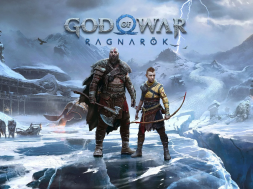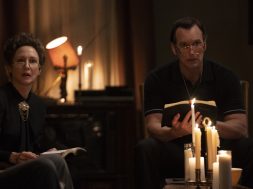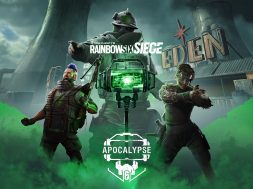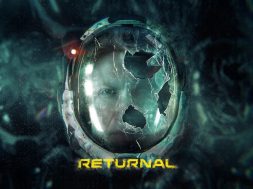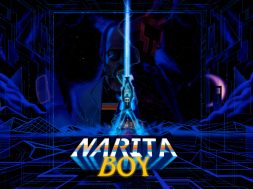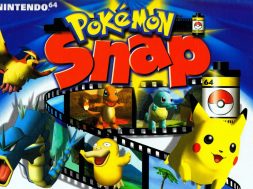Book Club Review – 2001: A Space Odyssey
I first thought about writing this review when the BBFC re-released Stanley Kubrick‘s classic 2oo1: A Space 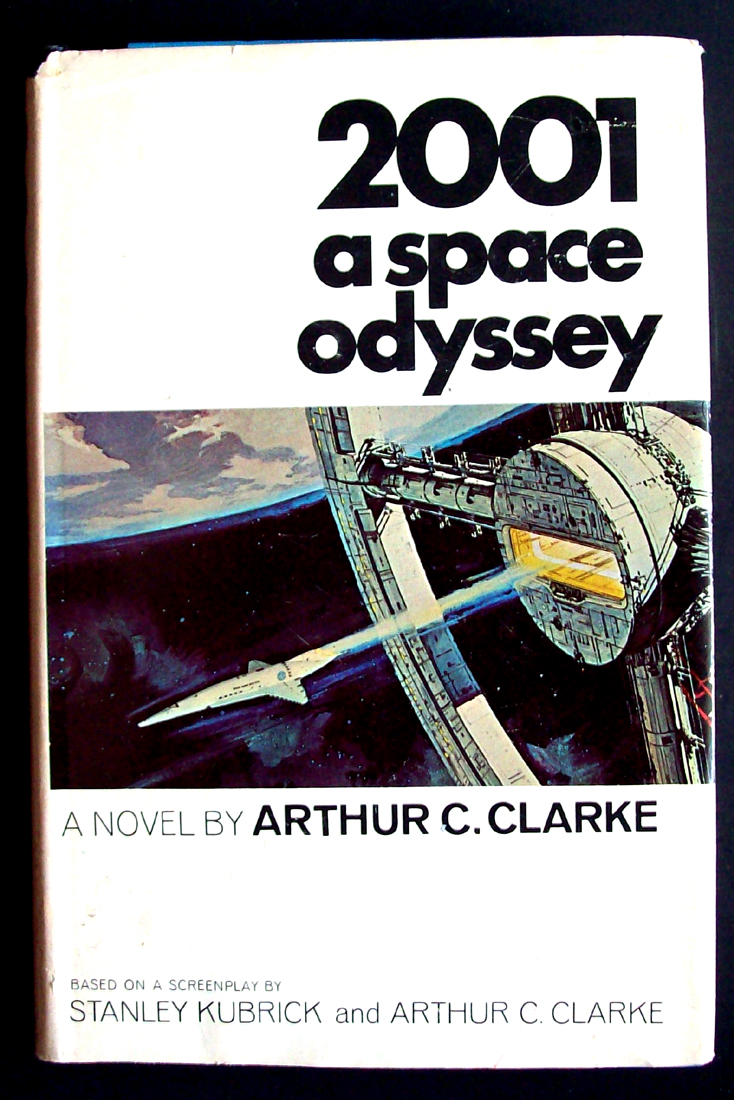 Odyssey in 2014 and then again following Christopher Nolan‘s Interstellar that same year. When Ex_Machina came out, it occurred to me once more. I kept looking for what seemed like a fitting occasion to pick up the novel that Arthur C. Clarke wrote in tandem with the Kubrick film and yet, in hindsight, it looks nothing short of silly. Clarke will always be relevant. That is why we continue to go back to him. So, with no further ado, and no occasion whatsoever, here are my untimely thoughts on the seminal work by the man many regard as literature’s most pre-eminent futurist.
Odyssey in 2014 and then again following Christopher Nolan‘s Interstellar that same year. When Ex_Machina came out, it occurred to me once more. I kept looking for what seemed like a fitting occasion to pick up the novel that Arthur C. Clarke wrote in tandem with the Kubrick film and yet, in hindsight, it looks nothing short of silly. Clarke will always be relevant. That is why we continue to go back to him. So, with no further ado, and no occasion whatsoever, here are my untimely thoughts on the seminal work by the man many regard as literature’s most pre-eminent futurist.
(SPOILER ALERT! )
Immediately striking is Clarke‘s prescience. The denial of climate change is becoming increasingly ridiculous, as is denying the problems that come with it. Last year was the warmest year on record and resultant food shortages are sure to follow; chocolate is among the latest food victims that is becoming unsustainable on our planet. Clarke addresses this early in the novel. Before disembarking on his high-profile moon mission, Dr Floyd ruminates on the political implication of the task and severity of the environmental concerns and their impact.
“Population of the world was now six billion […] As a result, food was short in every country […] widespread famine was predicted.” (Chapter 7).
Incidentally, population of the planet is now, in fact, about seven billion
Furthermore, the book’s impressive longevity is rooted also in the technological advances it depicts. The gadgets that fill the pages of Clarke‘s imagined future entirely predict those that define modern life. For example, the tablet computer and the e-reader have their equivalent in the form of the Newspad. The device in question allows astronomer Dr Floyd to read the daily news articles from earth. In short, Clarke anticipated the e-book, e-reader, the tablet computer and online news (if not the Wi-Fi that allows said devices to function). Imagine it: right now you could download the e-book that predicted the rise of all e-books. It is a mind warping thought, but that comes later in the novel.

Indeed, the book’s plot details the early development of humans, concluding in the birth of a new species; the arc of the story is one of biological programming, which both open and close the narratives. Yet it is a surprisingly short read; ironic, when its film counter-part is still maligned for being overly long at 161 minutes.
Even so, what stays with you at the end of the book is the craft: the novel gives shape to the developments in human technology and biology as well as the reciprocity of the two. The book’s hapless astronauts are Frank Poole and David Bowman. The advances detailed at the end of the first part (the one concerned with primeval humans, or Man Apes) surmises the change a species underwent as a result of developing tools, among them weapons. The surname of the latter crew member is not incidental. It’s a characternym. He is marked for change the moment he appears, his own fate microcosmic of his own species: “The toolmakers had been remade by their own tools.” (Chapter 6). The book is littered with these minor details which cumulatively make for a work that is impressive not simply for what it relates to, but the way it is related. Some books/films are defamed as a style over substance, but the distinction is a spurious one. Both are inexorably linked, and of that this book is the final proof.
Looking back over the above, there is an elephant in the room which should probably be addressed in these closing lines. In encouraging that people read a classic sci-fi text, this review somewhat sufferers a fundamental redundancy. To use a website dedicated to geek culture as a platform to reach people who may not have read it before. On the other hand, I would urge you to go back to 2001: A Space Odyssey nonetheless, for one simple reason. Every so often, something is brought out and it is praised as a ‘game-changing’, ‘visionary’, or ‘out there’ project. Sometimes it’s a fair cop. Even so, how many times have you come away disappointed? On those occasions, you are often confronted with stuff that is trying to tread the same board as a work like 2001: A Space Odyssey, but lacks the development or the originality to be engaging. Go back to the start, I urge you, and see what new things can still be found in a book we now call ‘a classic’.
